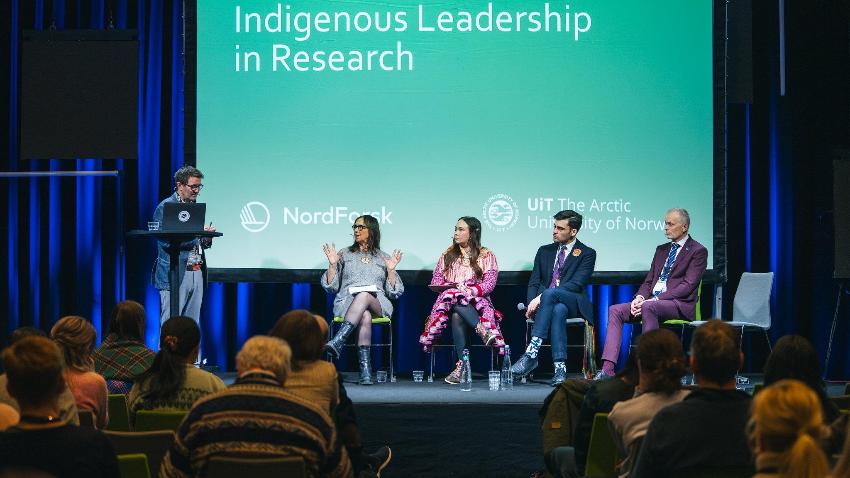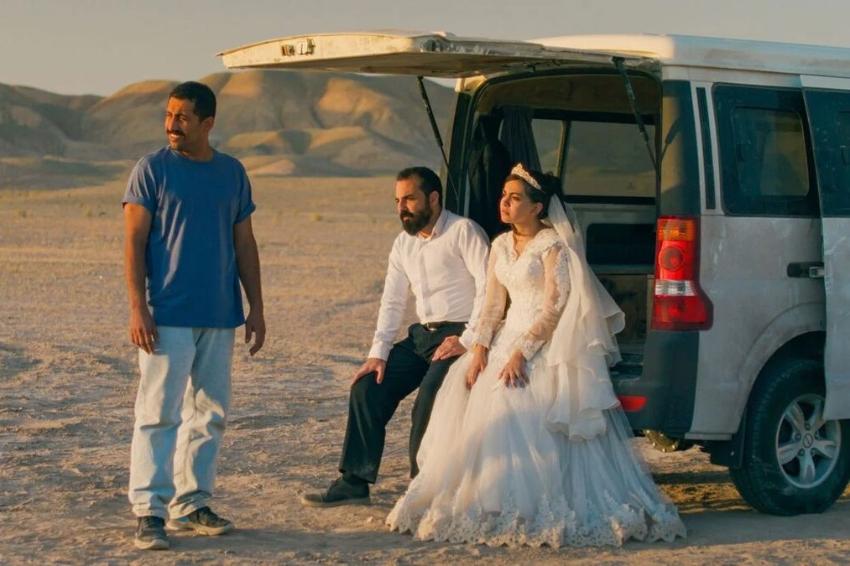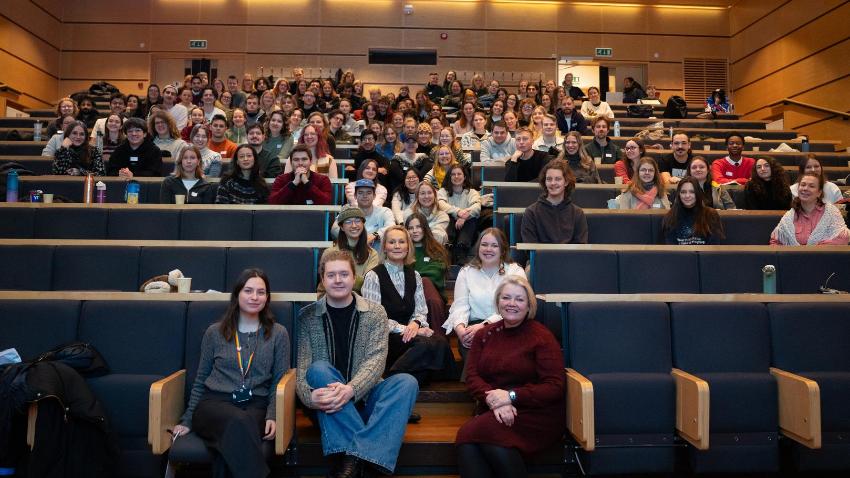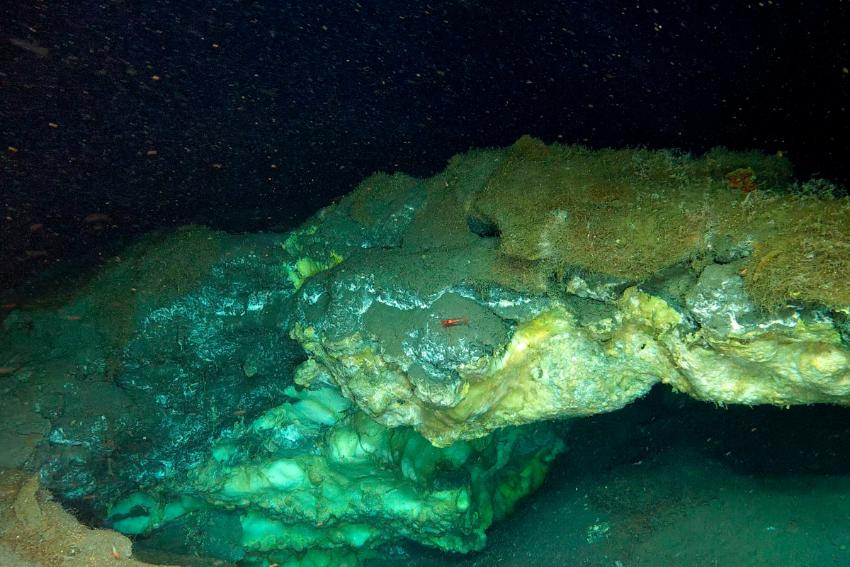The Arctic Requires Tailored Solutions
Legal experts from UiT The Arctic University of Norway and the National University of Singapore addressed challenges and opportunities in the Arctic during the UN Ocean Conference in Nice.

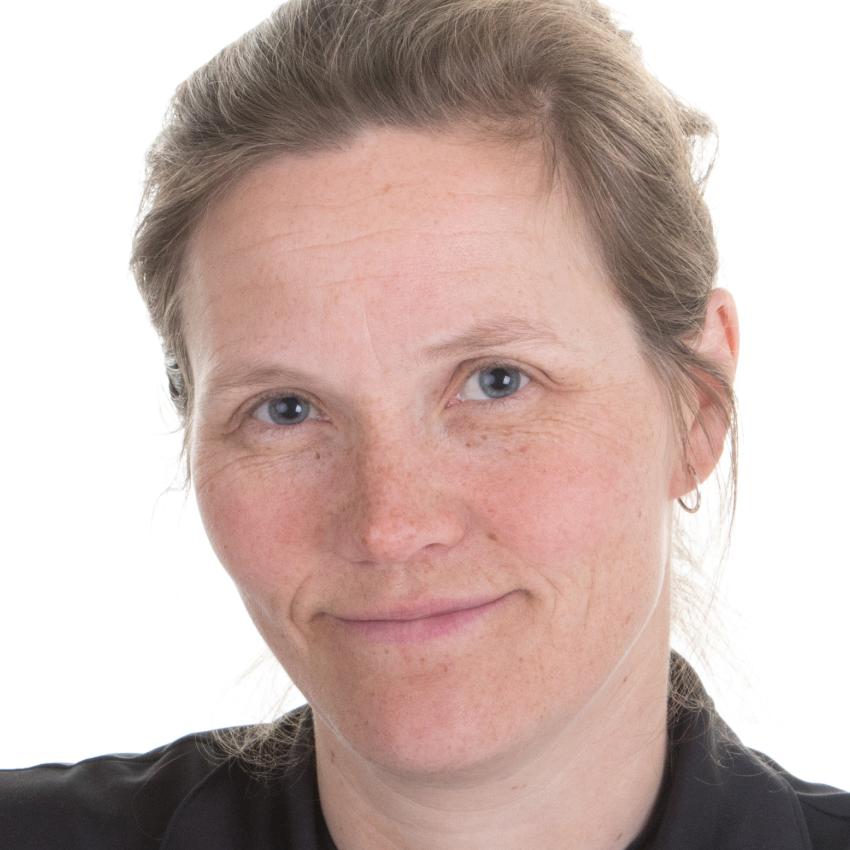
"The Arctic is a region that requires tailored solutions. We must find a balance between global and local approaches to ensure a sustainable future," says Associate Professor Maria Madalena das Neves from the Norwegian Centre for the Law of the Sea (NCLOS) at UiT.
Together with her colleague Eva van der Marel, also an Associate Professor at NCLOS, and Senior Researcher Youna Lyons from the National University of Singapore, das Neves gave a lecture on the law of the sea last week at the UN Ocean Conference in Nice. The three legal experts shared their perspectives on how legislation, particularly the law of the sea, can shape the future of the Arctic. They also emphasized the importance of collaboration between researchers, policymakers, and Indigenous peoples to address upcoming challenges.
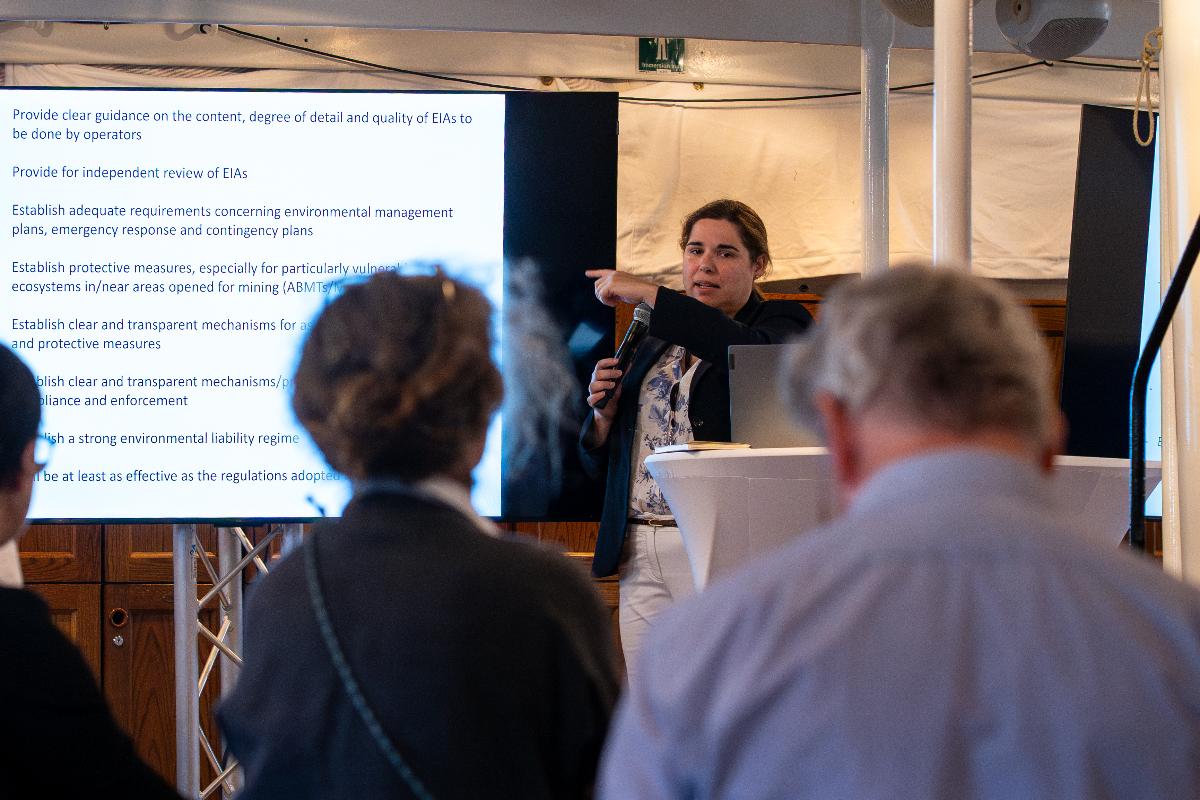
"Global challenges such as climate change, resource security, and marine pollution require innovative solutions. At the same time, legal approaches must be adapted to regional and national needs, especially in vulnerable areas like the Arctic," says das Neves.
Deep-Sea Mining and Indigenous Rights
The three researchers presented their lectures as part of UiT The Arctic University of Norway's side event, Arctic Future Pathfinders, focusing on challenges and opportunities in the marine Arctic.
Das Neves began by discussing the challenges associated with deep-sea mining in the Arctic. She believes this type of activity could threaten both the fragile environment and the rights of Indigenous peoples in the region.
"Deep-sea mining raises complex questions about how we balance economic development with environmental protection and respect for Indigenous rights," says das Neves.
She also emphasized the importance of recognizing differences in policies and legislation among Arctic states such as Norway, Greenland, and the United States.
Plastic Pollution and Legal Solutions
Eva van der Marel addressed the issue of plastics pollution in the Arctic, with a particular focus on fishing gear – an important source of marine plastics pollution in the region – and the challenge of waste management.
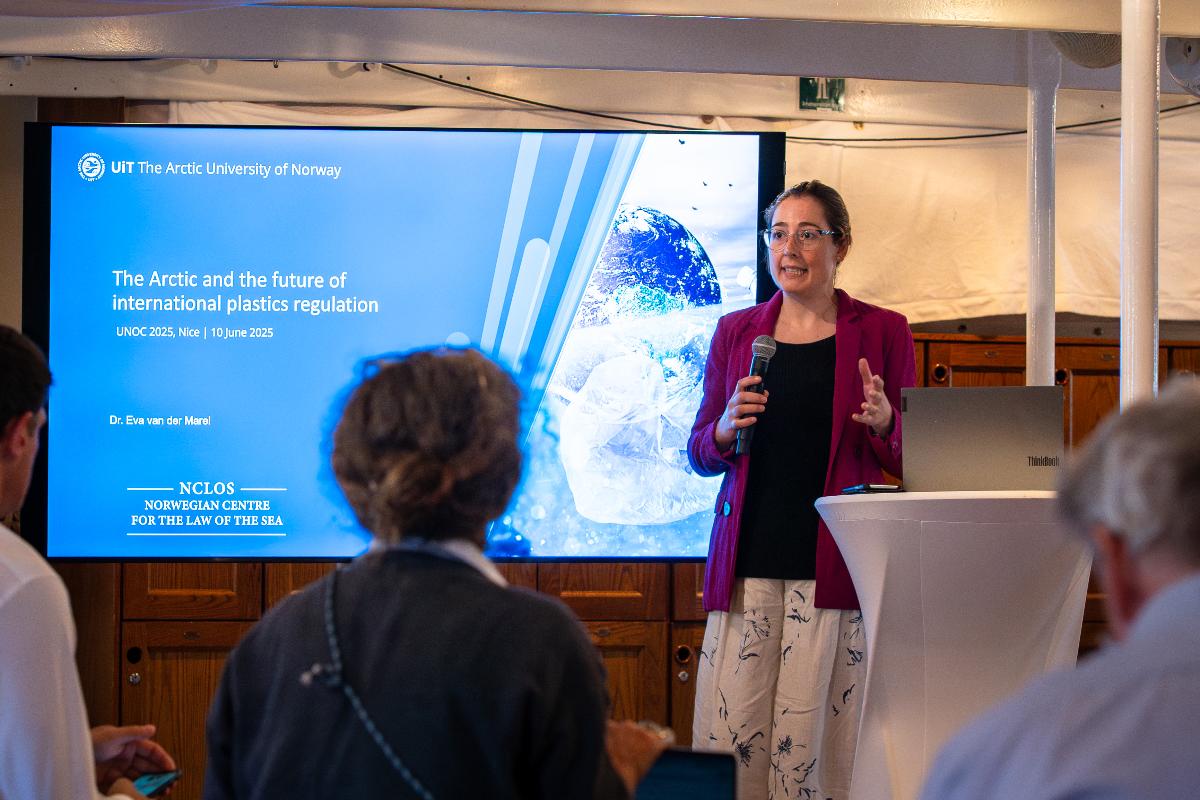
"Plastics pollution is not just an environmental challenge but also a legal one. International law already obliges States to prevent, reduce, and control plastics pollution of the marine environment, and we see growing global and regional developments to deal with particular aspects of the plastics problem. However, a future plastics treaty would help operationalize these obligations further and shift focus towards production and consumption," says van der Marel.
She added that limited infrastructure in the Arctic makes waste management particularly challenging, adding to the need for responsible development of the shipping and tourism sectors in the region.
Geoengineering in the Arctic
Youna Lyons discussed the prospects for marine geoengineering techniques in the Arctic in her presentation and the societal controversy these raise as it is reflected in general news coverage. She highlighted the gaps in research relating to indigenous peoples, governance and ethics compared to natural sciences.
Responding to the frequent statement that there is no regulatory regime for these activities, she provided an introduction to the legal and institutional governance framework, highlighting the precautionary and science-based approach under the London Convention and its Protocol and more generally the Law of the Sea Convention which provides the key obligations of States with respect to research and deployment of all activities that relate to the marine environment.
She also highlighted the tensions between the ocean and climate regions and key questions that are being debated.
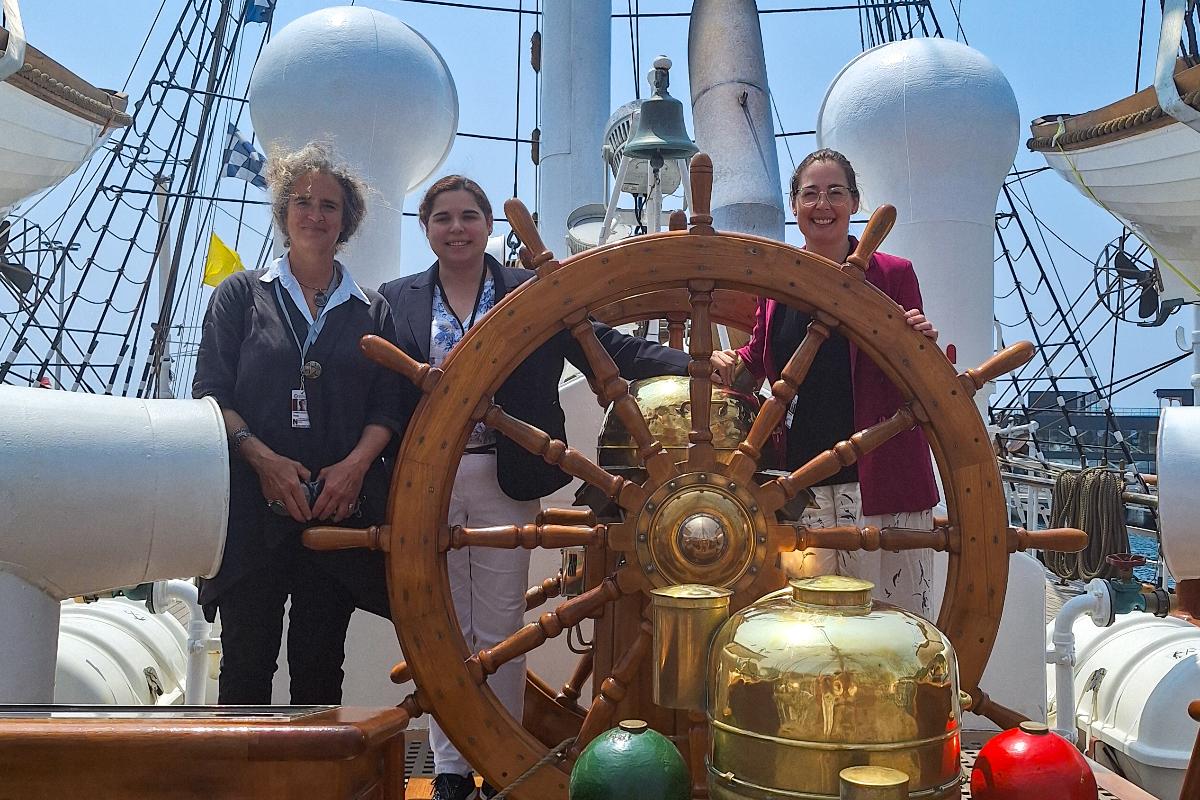
-
Fiskeri- og havbruksvitenskap - bachelor
Varighet: 3 År -
Fiskeri- og havbruksvitenskap - master
Varighet: 2 År -
Akvamedisin - master
Varighet: 5 År -
Bioteknologi - bachelor
Varighet: 3 År -
Arkeologi - master
Varighet: 2 År -
Peace and Conflict Transformation - master
Varighet: 2 År -
Geosciences - master
Varighet: 2 År -
Biology - master
Varighet: 2 År -
Technology and Safety - master
Varighet: 2 År -
Computational chemistry - master
Varighet: 2 År -
Law of the Sea - master
Varighet: 3 Semestre -
Biologi - bachelor
Varighet: 3 År -
Nordisk - årsstudium
Varighet: 1 År -
Luftfartsfag - bachelor
Varighet: 3 År -
Pedagogikk - bachelor
Varighet: 3 År -
Arkeologi - bachelor
Varighet: 3 År -
Likestilling og kjønn - årsstudium
Varighet: 1 År -
Historie - bachelor
Varighet: 3 År -
Geovitenskap- bachelor
Varighet: 3 År -
Samfunnssikkerhet - bachelor
Varighet: 3 År -
Samfunnssikkerhet - master
Varighet: 2 År -
Kunst - bachelor
Varighet: 3 År -
Kunsthistorie - master
Varighet: 2 År -
Religionsvitenskap - årsstudium
Varighet: 1 År -
Romfysikk, sivilingeniør - master
Varighet: 5 År -
Sosialantropologi - bachelor
Varighet: 3 År -
Historie - master
Varighet: 2 År -
Anvendt fysikk og matematikk, sivilingeniør - master
Varighet: 5 År -
Barnevernsarbeid - master
Varighet: 2 År -
Forfatterstudium 2 - årsstudium
Varighet: 1 År -
Fine Art - master
Varighet: 2 År -
Barnevern - bachelor
Varighet: 3 År -
Arctic Nature Guide - one year programme
Varighet: 1 År -
Sosialt arbeid - bachelor
Varighet: 3 År -
Arktisk friluftsliv og naturguiding - bachelor
Varighet: 3 År -
Arktisk friluftsliv - årsstudium
Varighet: 1 År -
Grunnskolelærerutdanning for 1.-7. trinn - master
Varighet: 5 År -
Kunsthistorie - årsstudium
Varighet: 1 År -
Governance and Entrepreneurship in Northern and Indigenous Areas - master
Varighet: 4 År -
Vernepleie - bachelor
Varighet: 3 År -
Internasjonal beredskap - bachelor
Varighet: 3 År -
Barnevern - bachelor
Varighet: 3 År -
Vernepleie - bachelor
Varighet: 4 År -
Landskapsarkitektur - master
Varighet: 5 År -
Grunnskolelærerutdanning for 5.-10. trinn - master
Varighet: 5 År -
Kvensk og finsk - bachelor
Varighet: 3 År -
Nordisk språk og litteratur - bachelor
Varighet: 3 År -
Russisk og russlandsstudier - bachelor
Varighet: 3 År -
Ph.d.-program i naturvitenskap
Varighet: 3 År -
Russisk og russlandsstudier - master
Varighet: 2 År
